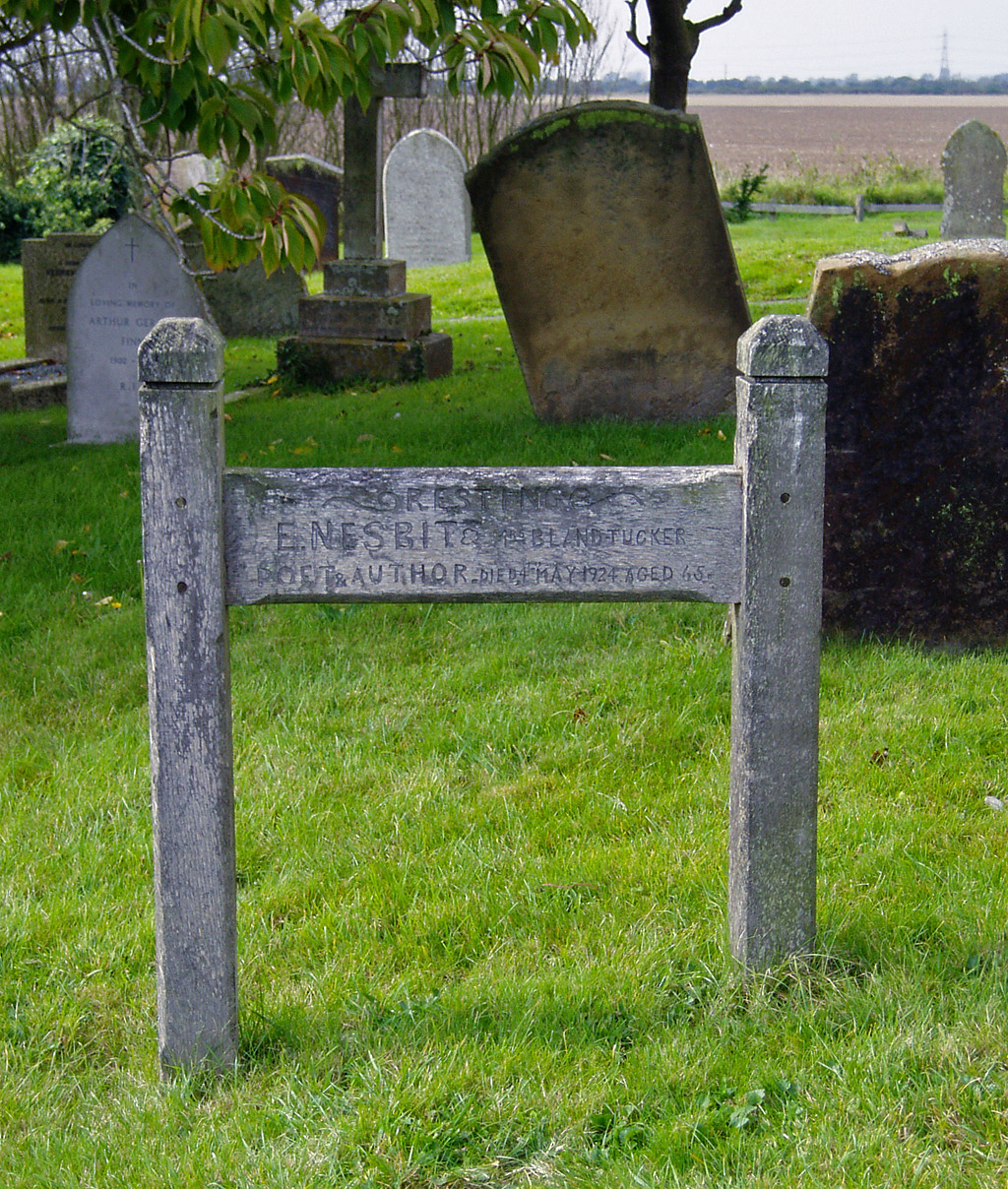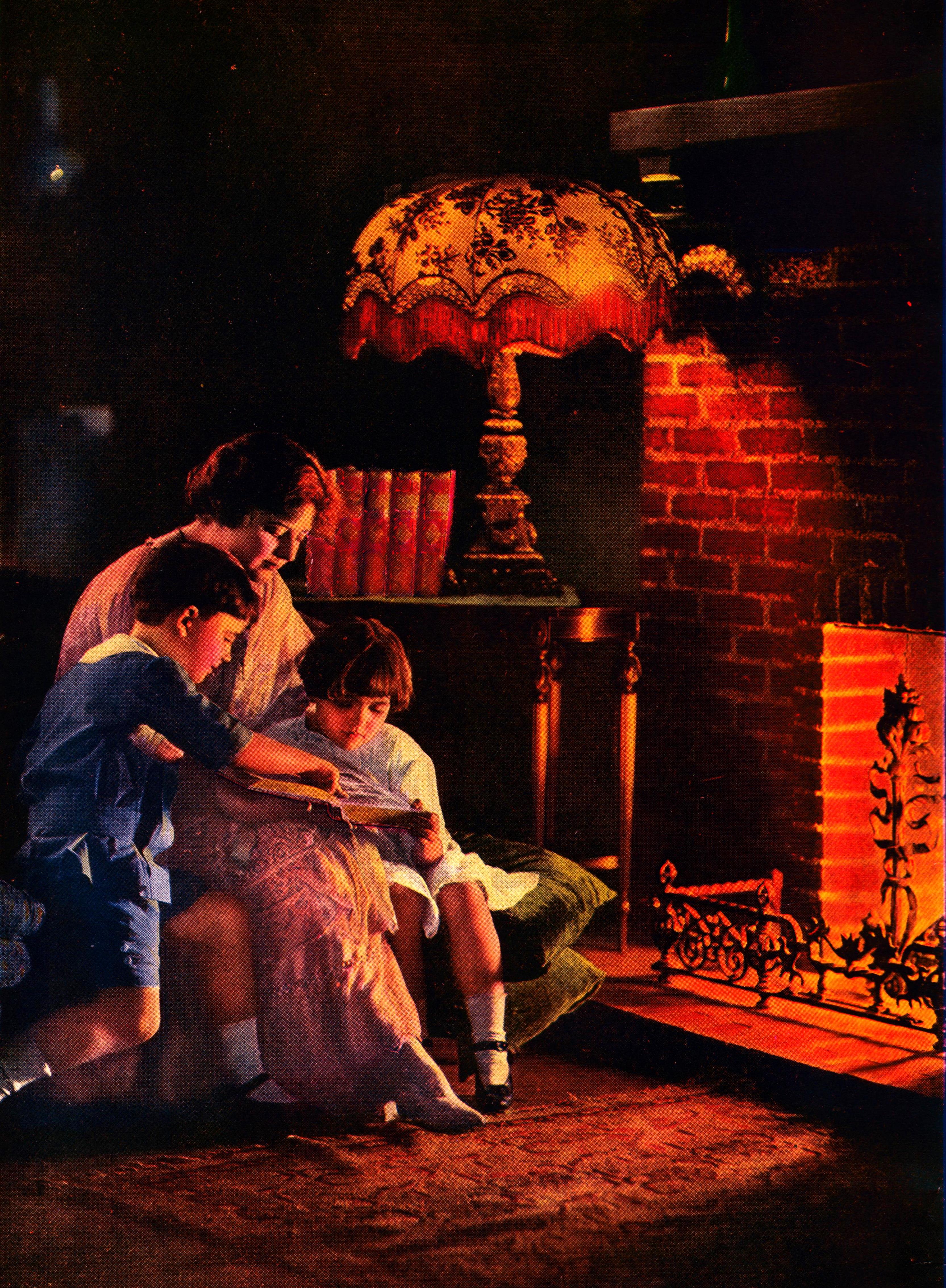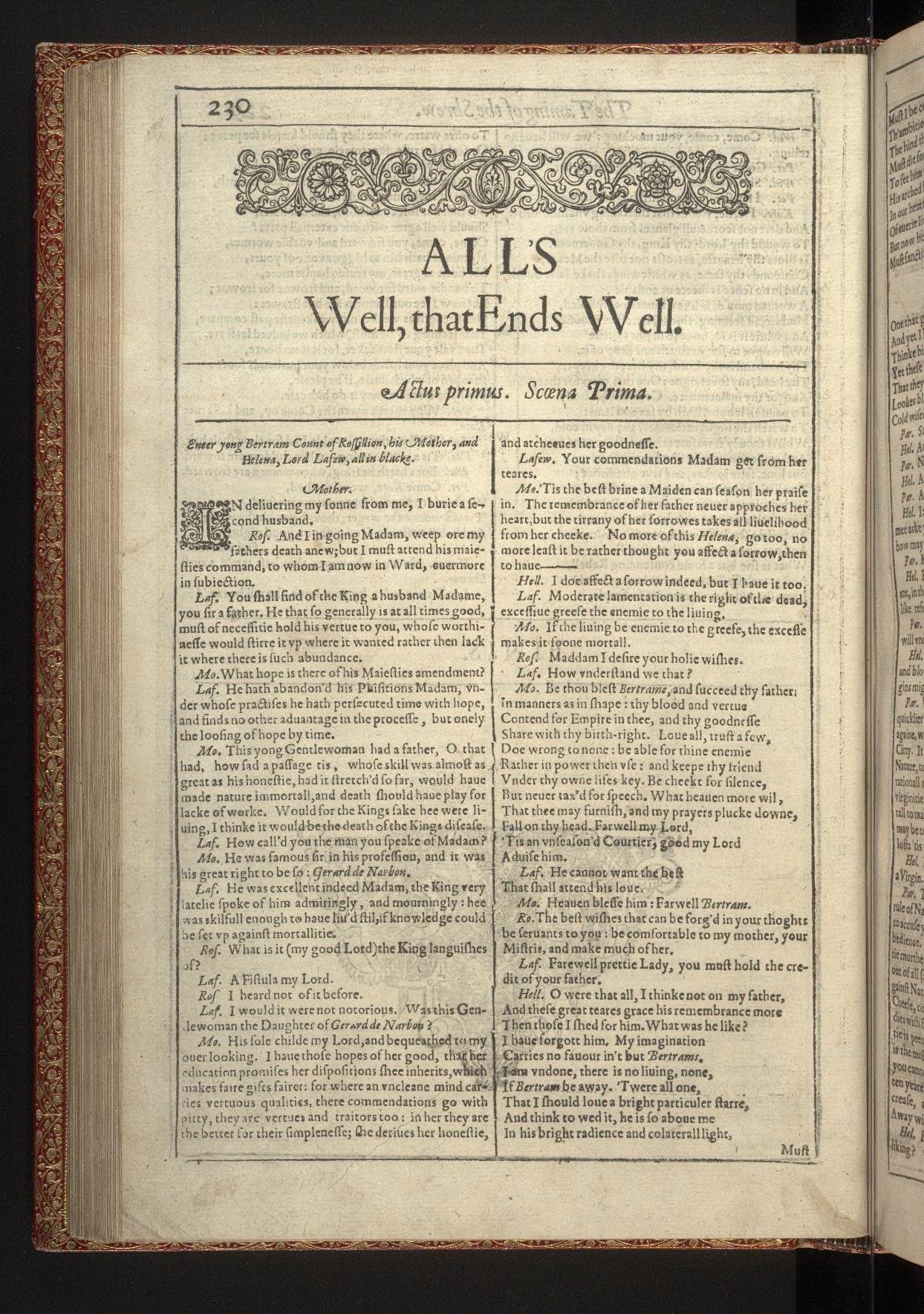|
Beautiful Stories From Shakespeare
''Beautiful Stories from Shakespeare'' is a 1907 collection published by E. Nesbit with the intention of entertaining young readers and retelling William Shakespeare's plays in a way they could be easily understood by younger readers. She also included a brief Shakespeare biography, a pronunciation guide to some of the more difficult names and a list of famous quotations, arranged by subject. Some editions are entitled ''Beautiful Stories from Shakespeare for Children''. The book is an expanded version of Nesbit's earlier book, '' The Children's Shakespeare'' (1897), a collection of twelve tales likewise based on plays by William Shakespeare. Contents The collection includes: #''A Midsummer Night's Dream'' #'' The Tempest'' #''As You Like It'' #'' The Winter's Tale'' #'' King Lear'' #'' Twelfth Night'' #'' Much Ado About Nothing'' #''Romeo and Juliet'' #'' Pericles'' #'' Hamlet'' #'' Cymbeline'' #''Macbeth'' #'' The Comedy of Errors'' #'' The Merchant of Venice'' #'' Timon of A ... [...More Info...] [...Related Items...] OR: [Wikipedia] [Google] [Baidu] |
Edith Nesbit
Edith Nesbit (married name Edith Bland; 15 August 1858 – 4 May 1924) was an English writer and poet, who published her children's literature, books for children as E. Nesbit. She wrote or collaborated on more than 60 such books. She was also a political activist and co-founder of the Fabian Society, a socialist organisation later affiliated to the Labour Party (UK), Labour Party. Biography Nesbit was born in 1858 at 38 Lower Kennington Lane, Kennington, Surrey (now classified as Inner London), the daughter of an agricultural chemist, John Collis Nesbit, who died in March 1862, before her fourth birthday. Her mother was Sarah Green (née Alderton). The ill health of Edith's sister Mary meant that the family travelled for some years, living variously in Brighton, Buckinghamshire, France (Dieppe, Rouen, Paris, Tours, Poitiers, Angoulême, Bordeaux, Arcachon, Pau, Pyrénées-Atlantiques, Pau, Bagnères-de-Bigorre, and Dinan in Brittany), Spain and Germany. Mary was engaged in 187 ... [...More Info...] [...Related Items...] OR: [Wikipedia] [Google] [Baidu] |
The Merchant Of Venice
''The Merchant of Venice'' is a play by William Shakespeare, believed to have been written between 1596 and 1598. A merchant in Venice named Antonio defaults on a large loan provided by a Jewish moneylender, Shylock. Although classified as a comedy in the First Folio and sharing certain aspects with Shakespeare's other romantic comedies, the play is most remembered for its dramatic scenes, and it is best known for the character Shylock and his famous demand for a " pound of flesh" in retribution. The play contains two famous speeches, that of Shylock, "Hath not a Jew eyes?" on the subject of humanity, and that of Portia on " the quality of mercy". Debate exists on whether the play is anti-Semitic, with Shylock's insistence on his legal right to the pound of flesh being in opposition to Shylock's seemingly universal plea for the rights of all people suffering discrimination. Characters * Antonio – a prominent merchant of Venice in a melancholic mood. * Bassanio � ... [...More Info...] [...Related Items...] OR: [Wikipedia] [Google] [Baidu] |
Adaptations Of Works By William Shakespeare
In biology, adaptation has three related meanings. Firstly, it is the dynamic evolutionary process of natural selection that fits organisms to their environment, enhancing their evolutionary fitness. Secondly, it is a state reached by the population during that process. Thirdly, it is a phenotypic trait or adaptive trait, with a functional role in each individual organism, that is maintained and has evolved through natural selection. Historically, adaptation has been described from the time of the ancient Greek philosophers such as Empedocles and Aristotle. In 18th and 19th century natural theology, adaptation was taken as evidence for the existence of a deity. Charles Darwin proposed instead that it was explained by natural selection. Adaptation is related to biological fitness, which governs the rate of evolution as measured by change in allele frequencies. Often, two or more species co-adapt and co-evolve as they develop adaptations that interlock with those of the other ... [...More Info...] [...Related Items...] OR: [Wikipedia] [Google] [Baidu] |
British Children's Books
British may refer to: Peoples, culture, and language * British people, nationals or natives of the United Kingdom, British Overseas Territories, and Crown Dependencies. ** Britishness, the British identity and common culture * British English, the English language as spoken and written in the United Kingdom or, more broadly, throughout the British Isles * Celtic Britons, an ancient ethno-linguistic group * Brittonic languages, a branch of the Insular Celtic language family (formerly called British) ** Common Brittonic, an ancient language Other uses *''Brit(ish)'', a 2018 memoir by Afua Hirsch *People or things associated with: ** Great Britain, an island ** United Kingdom, a sovereign state ** Kingdom of Great Britain (1707–1800) ** United Kingdom of Great Britain and Ireland (1801–1922) See also * Terminology of the British Isles * Alternative names for the British * English (other) * Britannic (other) * British Isles * Brit (other) * Briton (d ... [...More Info...] [...Related Items...] OR: [Wikipedia] [Google] [Baidu] |
Children's Short Story Collections
A child ( : children) is a human being between the stages of birth and puberty, or between the developmental period of infancy and puberty. The legal definition of ''child'' generally refers to a minor, otherwise known as a person younger than the age of majority. Children generally have fewer rights and responsibilities than adults. They are classed as unable to make serious decisions. ''Child'' may also describe a relationship with a parent (such as sons and daughters of any age) or, metaphorically, an authority figure, or signify group membership in a clan, tribe, or religion; it can also signify being strongly affected by a specific time, place, or circumstance, as in "a child of nature" or "a child of the Sixties." Biological, legal and social definitions In the biological sciences, a child is usually defined as a person between birth and puberty, or between the developmental period of infancy and puberty. Legally, the term ''child'' may refer to anyone below th ... [...More Info...] [...Related Items...] OR: [Wikipedia] [Google] [Baidu] |
1907 Short Story Collections
Nineteen or 19 may refer to: * 19 (number), the natural number following 18 and preceding 20 * one of the years 19 BC, AD 19, 1919, 2019 Films * ''19'' (film), a 2001 Japanese film * ''Nineteen'' (film), a 1987 science fiction film Music * 19 (band), a Japanese pop music duo Albums * ''19'' (Adele album), 2008 * ''19'', a 2003 album by Alsou * ''19'', a 2006 album by Evan Yo * ''19'', a 2018 album by MHD * ''19'', one half of the double album ''63/19'' by Kool A.D. * ''Number Nineteen'', a 1971 album by American jazz pianist Mal Waldron * ''XIX'' (EP), a 2019 EP by 1the9 Songs * "19" (song), a 1985 song by British musician Paul Hardcastle. * "Nineteen", a song by Bad4Good from the 1992 album ''Refugee'' * "Nineteen", a song by Karma to Burn from the 2001 album ''Almost Heathen''. * "Nineteen" (song), a 2007 song by American singer Billy Ray Cyrus. * "Nineteen", a song by Tegan and Sara from the 2007 album '' The Con''. * "XIX" (song), a 2014 song by Slipknot. ... [...More Info...] [...Related Items...] OR: [Wikipedia] [Google] [Baidu] |
Iona Opie
Iona Margaret Balfour Opie, (13 October 1923 – 23 October 2017) and Peter Mason Opie (25 November 1918 – 5 February 1982) were an English married team of folklorists who applied modern techniques to understanding children's literature and play, in studies such as ''The Oxford Dictionary of Nursery Rhymes'' (1951) and ''The Lore and Language of Schoolchildren'' (1959). They were also noted anthologists, assembled large collections of children's literature, toys, and games and were regarded as world-famous authorities on children's lore and customs. Their research had a considerable impact on a number of research fields, including Folklore and Childhood Studies and altered perceptions of children's street culture and notions of play, by emphasising the agency of children. Working outside of academia, the couple worked together closely, from their home (firstly near Farnham, Surrey, later in Alton, Hampshire) conducting primary fieldwork, library research, and interviews with ... [...More Info...] [...Related Items...] OR: [Wikipedia] [Google] [Baidu] |
Once Upon A Time
"Once upon a time" is a stock phrase used to introduce a narrative of past events, typically in fairy tales and folk tales. It has been used in some form since at least 1380 (according to the ''Oxford English Dictionary'') in storytelling in the English language and has started many narratives since 1600. These stories sometimes end with "and they all lived happily ever after", or, originally, "happily until their deaths". The phrase is common in fairy tales for younger children. It was used in the original translations of the stories of Charles Perrault as a translation for the French "", of Hans Christian Andersen as a translation for the Danish "", (literally "there was once"), the Brothers Grimm as a translation for the German "" (literally "it was once") and Joseph Jacobs in English translations and fairy tales. The phrase is also used in retellings of myths, fables and folklore. Other languages The "story-starting phrase" is a common feature of many languages. , , 3 a ... [...More Info...] [...Related Items...] OR: [Wikipedia] [Google] [Baidu] |
All's Well That Ends Well
''All's Well That Ends Well'' is a play by William Shakespeare, published in the ''First Folio'' in 1623, where it is listed among the comedies. There is a debate regarding the dating of the composition of the play, with possible dates ranging from 1598 to 1608. also aCentre for Early Modern Studies, University of Oxford accessed 22 April 2012: "The recent redating of All’s Well from 1602–03 to 1606–07 (or later) has gone some way to resolving some of the play’s stylistic anomalies" ... " ylistically it is striking how many of the widely acknowledged textual and tonal problems of All’s Well can be understood differently when we postulate dual authorship." Bertram is compelled to marry Helena. Bertram refuses to consummate their marriage. He goes to Italy. In Italy he courts Diana. Helena meets Diana. They perform the bed trick. The play is considered one of Shakespeare's " problem plays", a play that poses complex ethical dilemmas that require more than typically si ... [...More Info...] [...Related Items...] OR: [Wikipedia] [Google] [Baidu] |
Two Gentlemen Of Verona
''The Two Gentlemen of Verona'' is a Shakespearean comedy, comedy by William Shakespeare, believed to have been written between 1589 and 1593. It is considered by some to be Shakespeare's first play, and is often seen as showing his first tentative steps in laying out some of the themes and motifs with which he would later deal in more detail; for example, it is the first of his plays in which a heroine dresses as a boy. The play deals with the themes of friendship and infidelity, the conflict between friendship and love, and the foolish behaviour of people in love. The highlight of the play is considered by some to be Launce, the clownish domestic worker, servant of Proteus, and his dog Crab, to whom "the most scene-stealing non-speaking role in the Shakespeare's plays, canon" has been attributed. ''Two Gentlemen'' is often regarded as one of Shakespeare's weakest plays. It has the smallest named cast of any play by Shakespeare. Characters * Valentine – young man living in ... [...More Info...] [...Related Items...] OR: [Wikipedia] [Google] [Baidu] |
Measure For Measure
''Measure for Measure'' is a play by William Shakespeare, believed to have been written in 1603 or 1604 and first performed in 1604, according to available records. It was published in the ''First Folio'' of 1623. The play's plot features its protagonist, Duke Vincentio of Vienna, stepping out from public life to observe the affairs of the city under the governance of his deputy, Angelo. Angelo's harsh and ascetic public image is compared to his abhorrent personal conduct once in office, in which he exploits his power to procure a sexual favour from Isabella, whom he considers enigmatically beautiful. The tension in the play is eventually resolved through Duke Vincentio's intervention, which is considered an early use of the deus ex machina in English literature. ''Measure for Measure'' was printed as a comedy in the First Folio and continues to be classified as one. Though it shares features with other Shakespearean comedies, such as the use of wordplay and irony, and the emp ... [...More Info...] [...Related Items...] OR: [Wikipedia] [Google] [Baidu] |





.jpg)
